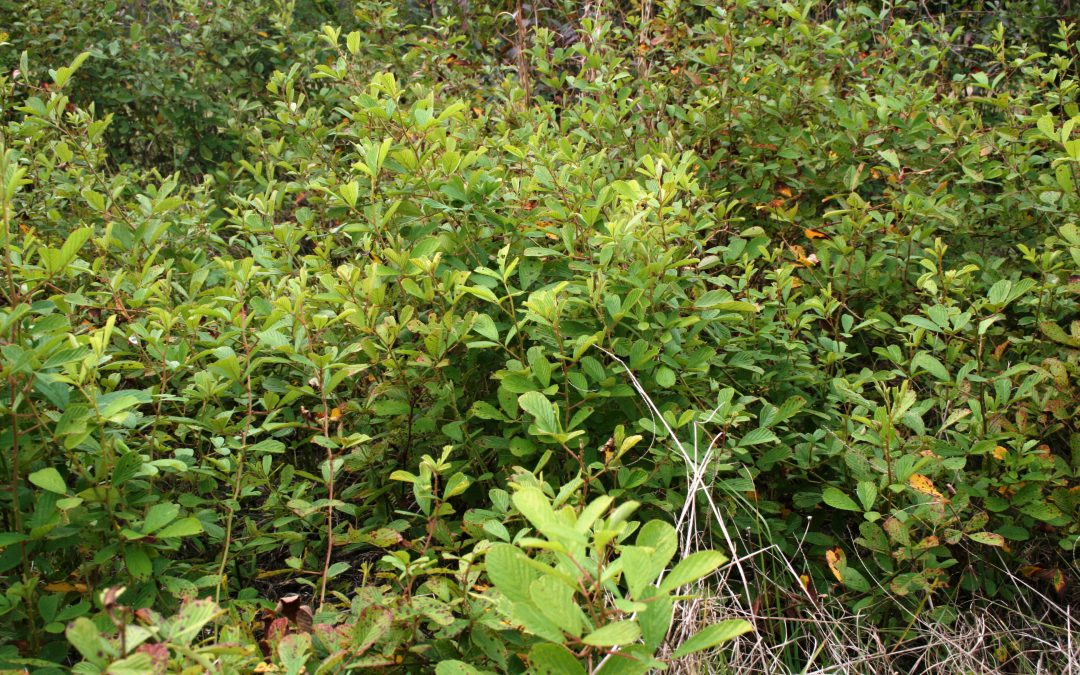
by Jennifer Bearden | Oct 5, 2018
Fall is not generally the right time to control many pasture weeds. However, some perennial weeds are effectively controlled by fall herbicide applications. Fall is a good time to treat for weeds such as cogongrass, blackberries, dewberries, biennial thistles, and...
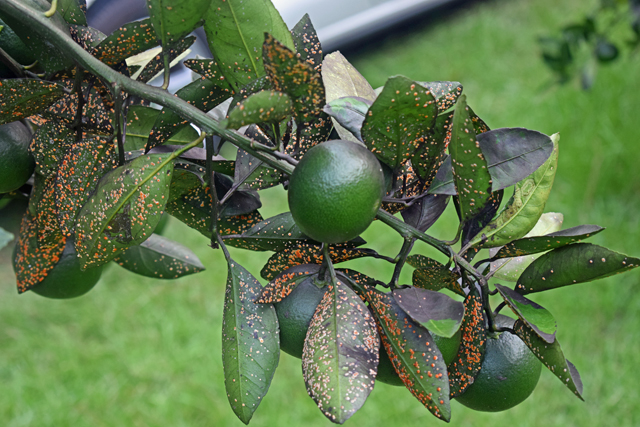
by Doug Mayo | Sep 7, 2018
Throughout my 22 year history as an Extension Agent, I have been the first responder for all sorts of strange things farmers, ranchers, and landowners encounter. This is one of the critical roles county agents play all over the country. If you see something odd or...
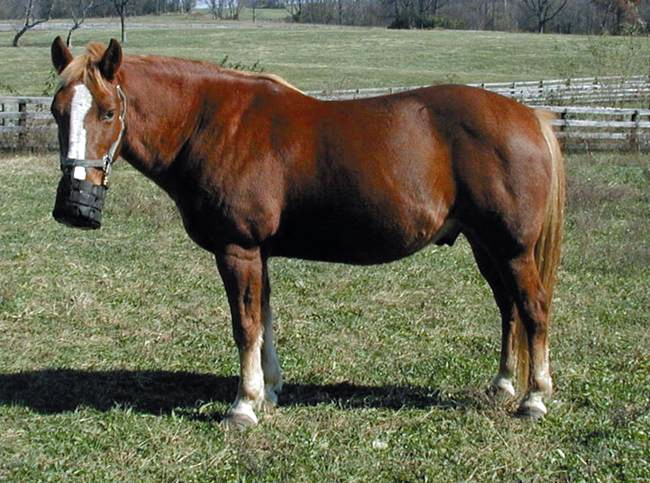
by Marcelo Wallau | Aug 10, 2018
Marcelo Wallau, Lori Warren, Carissa Wickens, Jose Dubeux and Doug Mayo, UF/IFAS Extension As extension specialists, we are often asked about nonstructural carbohydrates (NSC) in forages and the potential risks grazing poses to insulin-resistant horses. Numerous blog...
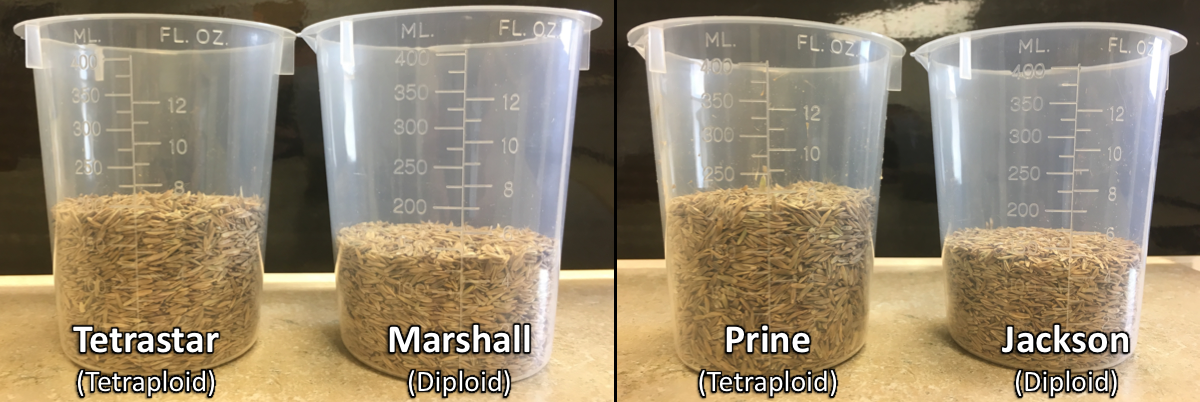
by Doug Mayo | Aug 10, 2018
Dennis Hancock, UGA Extension Forage Specialist Book Your Seed Soon I don’t mean to be an alarmist, but… you may want to buy your winter grazing seed soon. Annual ryegrass seed supplies are tight, and the prices look to be as high or higher than last year....
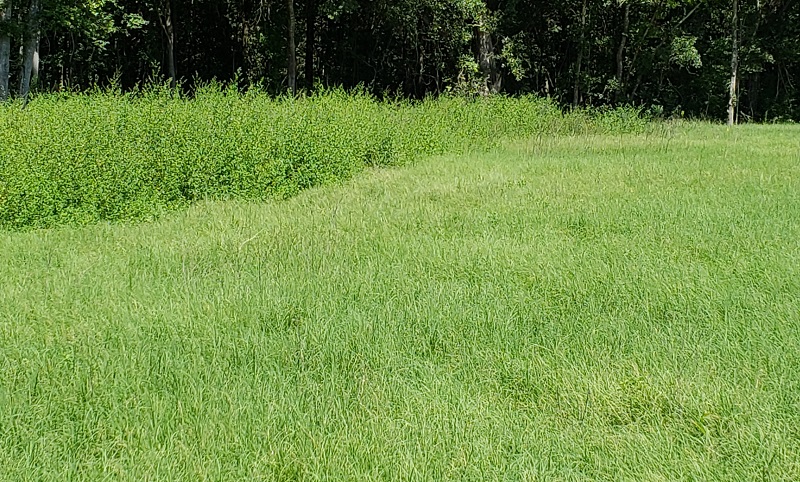
by Mark Mauldin | Aug 3, 2018
If you have pastures or hay fields, weeds will always be an issue. Good fertility and grazing management will go a long way towards keeping weeds in check and these factors should be evaluated and addressed as a means of weed prevention. However, chances are that from...
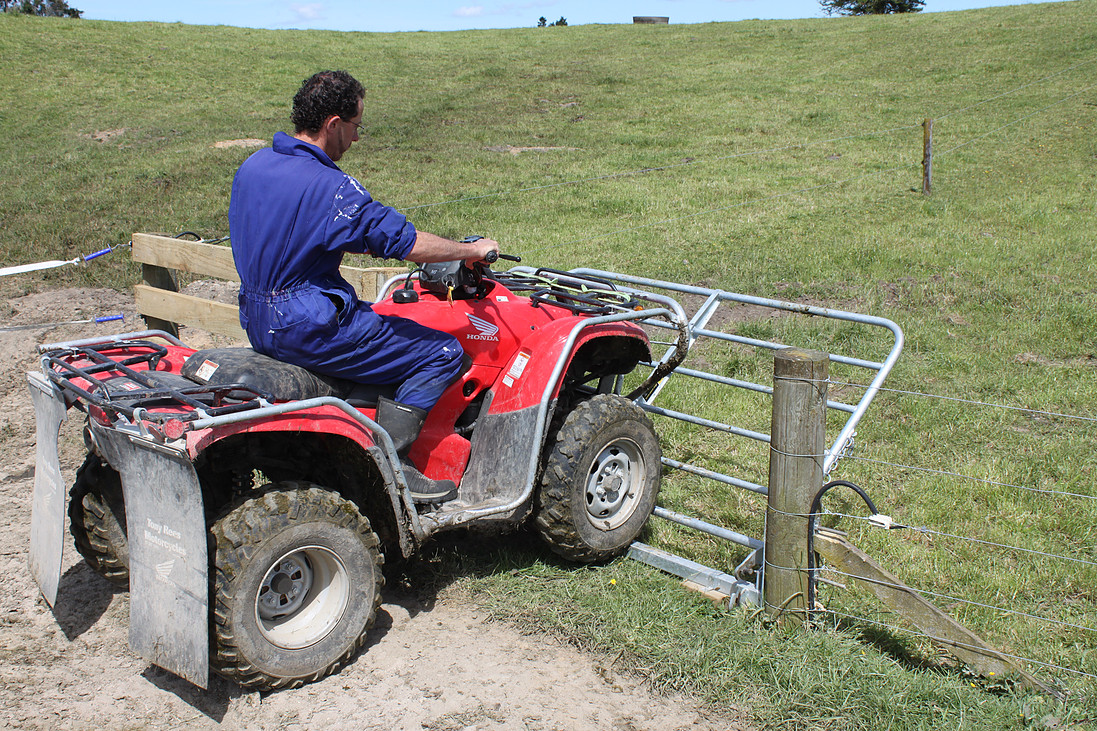
by Doug Mayo | Aug 3, 2018
Every livestock producer has daydreamed about automatic gates to make travel around ranches faster and easier. But, it is too expensive to provide power and hydraulic cylinders for each pasture gate. This week’s featured video was produced by the Wrangler...







